Search
News & Events
Disadvantage begins in the wombAboriginal children are faced with significant impediments to their chances of a healthy life even before they are born.
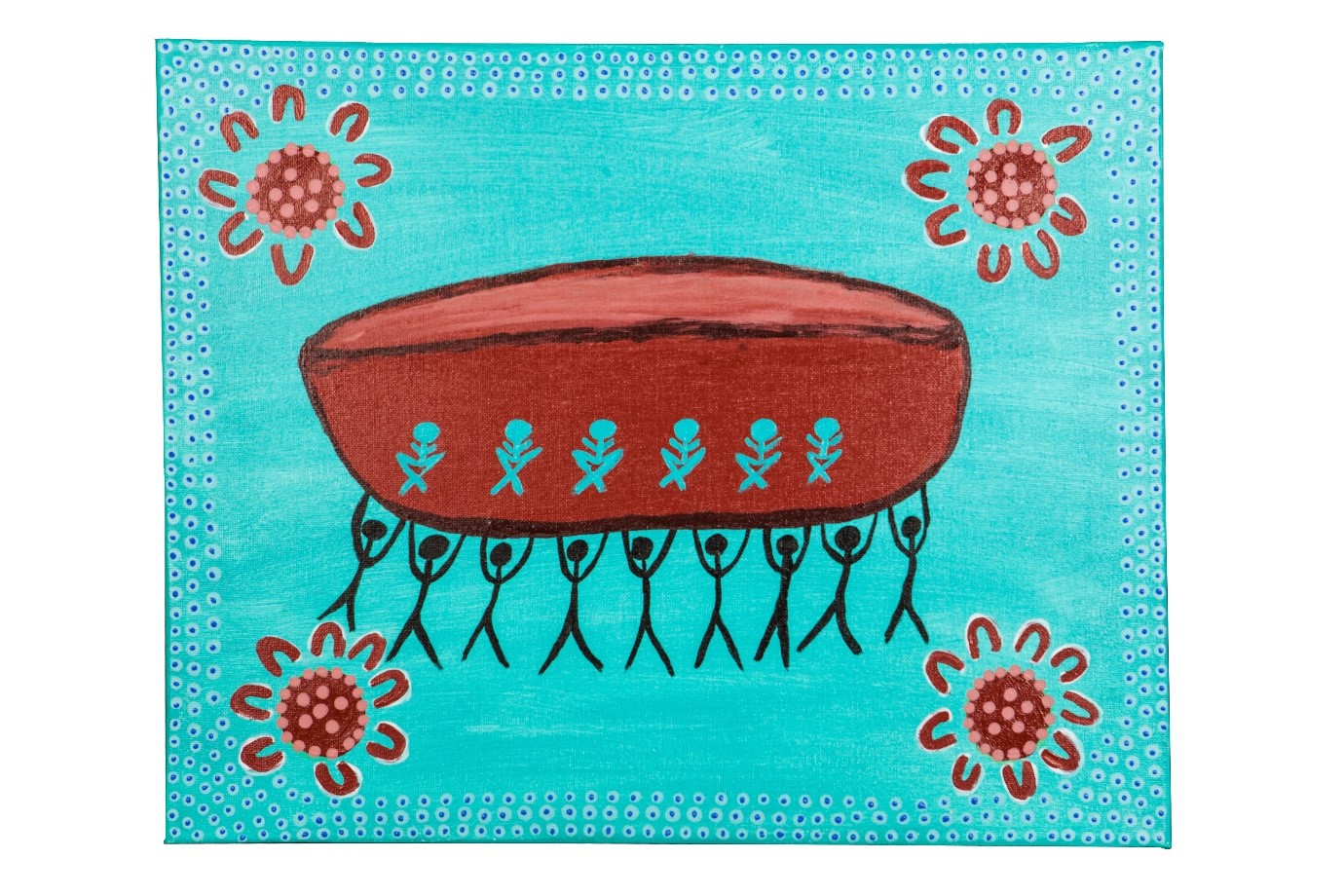
Research
Ngulluk Koolunga Ngulluk Koort (Our Children, Our Heart) ProgramBrings the Aboriginal community(s) of Perth together with service providers & policy makers to improve outcomes for Aboriginal kids and their families.

As Head of Aboriginal Research Development at Telethon Kids, Glenn Pearson believes his work brings us closer to identifying the real and whole Australian story
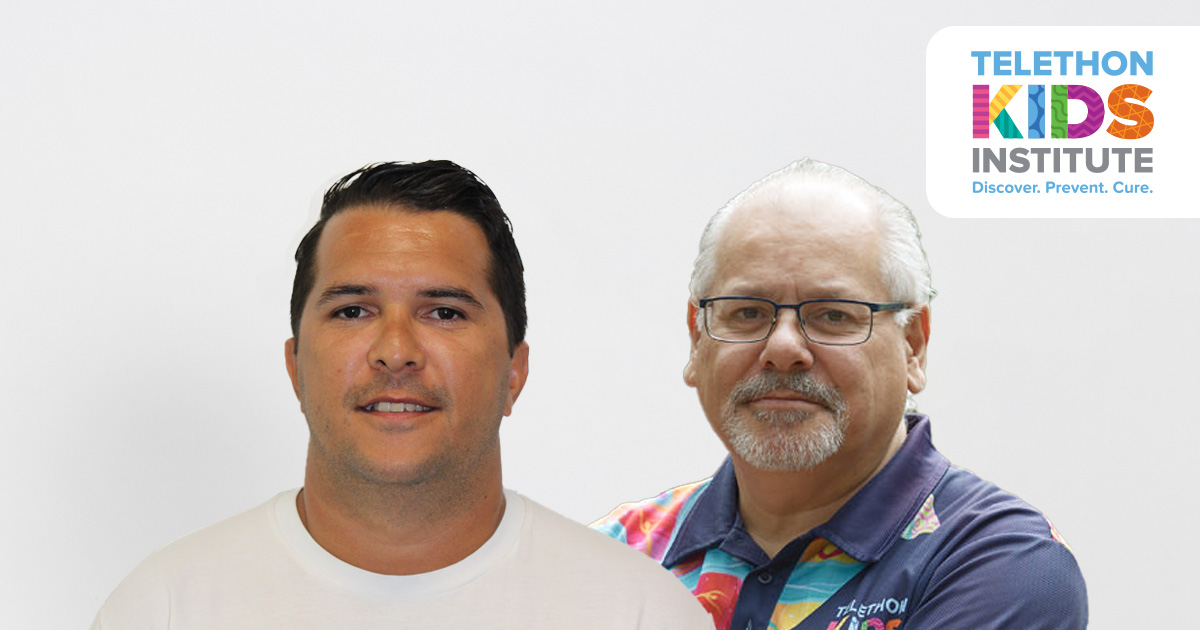
News & Events
The Kids Research Institute Australia staff appointed to new Aboriginal research advisory committeeThe Kids Research Institute Australia has welcomed the establishment of an expert committee to guide decision-making around Aboriginal health and medical research in Western Australia.
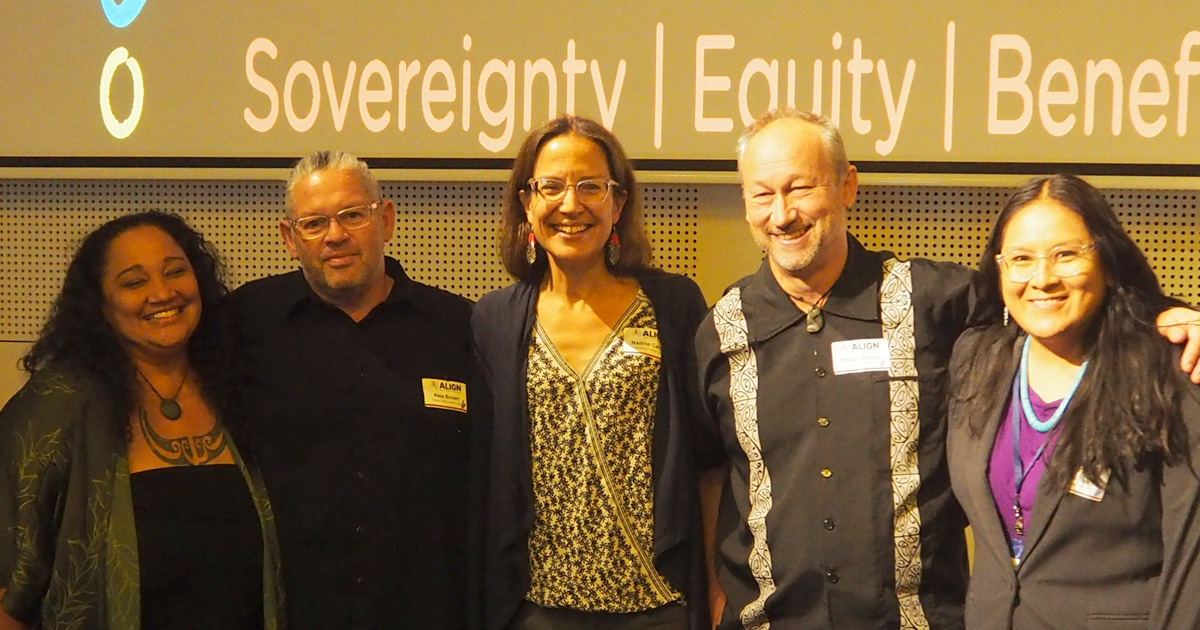
News & Events
Powerful new network to ensure Indigenous Australians can benefit from genomic medicineA national alliance of the brightest minds in genomic science, academia, policy makers, industry and Indigenous leaders will work to break down barriers to ensure Aboriginal and Torres Strait Islander people can benefit from advances in genomic medicine if they choose.
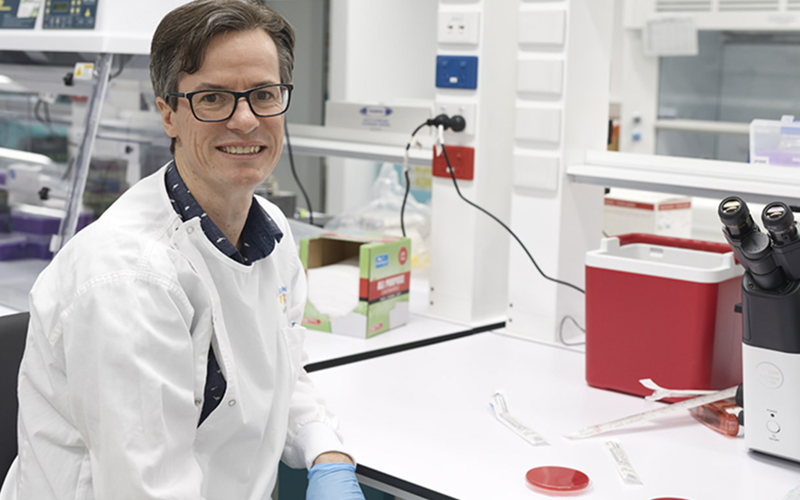
News & Events
WA Health funding supports development of rapid test for antibiotic-resistant skin infections in Aboriginal childrenA rapid test to detect antibiotic-resistant skin infections in Aboriginal children could be a step closer, thanks to support from the FHRIF.
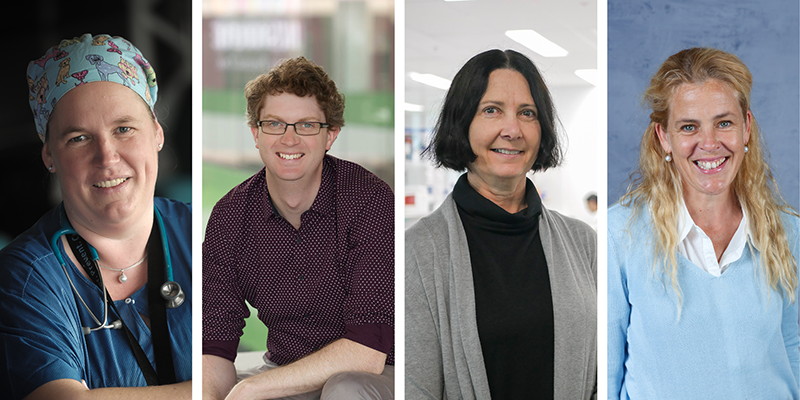
News & Events
Funding boost to help turn research into practical changeResearch projects sharing in a $2.1 million funding boost will seek to translate research findings into changes that benefit patients and help the health system run more efficiently.
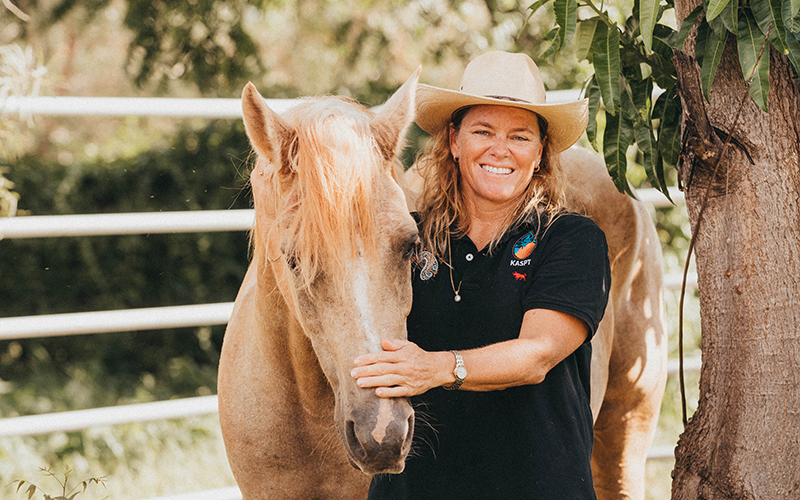
News & Events
Major funding boost for innovative Yawardani Jan-ga programA trail-blazing Aboriginal-led program which uses equine-assisted learning to address the urgent needs of young Aboriginal people across the Kimberley has been given a major funding boost, thanks to a generous grant from Healthway.
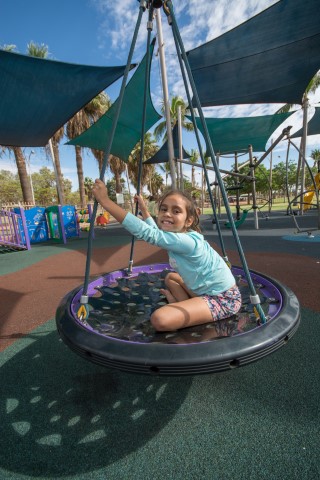
News & Events
Getting kids into gear for learningResearchers from The Kids Research Institute Australia are running a school program designed to help children adjust their levels of alertness and attention in class.
